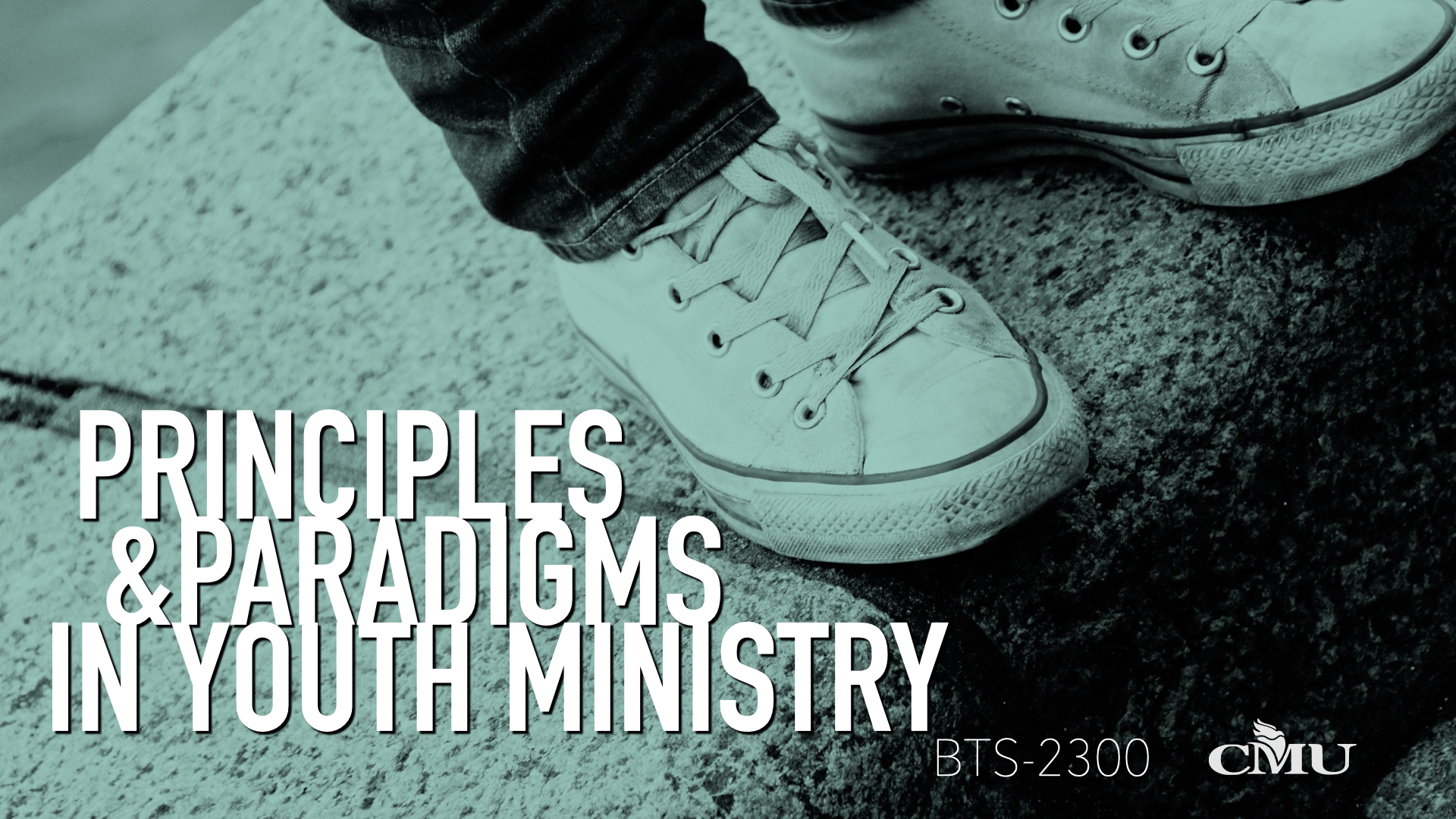
The French sociologist Pierre Bourdieu in a 1978 interview said that “youth is just a word” and “not a particularly useful word at that”[1]. Whether it is ‘youth’, or ‘teenager’, or a more pejorative label, young people are often identified by just a word. This course seeks to build out our vocabulary from a one word understanding of youth to something more deep, rich, and real to the experience of youth.
Take for example the word ‘puberty’, which speaks about and describes the physical changes youth experience; which is different from ‘adolescence’, the word used to describe psychological changes; and then there is the word ‘teenager’ which was first used in the 1940s as a marketing word to describe people aged 13 to 19. And then there is ‘youth’, that word that Bourdieu said was not a particularly useful word, perhaps because its use has been malleable; changing with cultural or even political pressures, from singular to plural, from a dismissive term to a social category, from describing a social problem to describing the ideal market. Bourdieu just may be right about the word.
Then there is the word ‘ministry’. Ask ten people what the word means and it is very likely you would get ten different ideas. And when we put ‘youth’ and ‘ministry’ together you may have some people ask, “Do you mean youth programming”, while others might ask, “Are you speaking of ‘youth work’? and still others might talk about a list of things that people in ministry do. And that is just the beginning …
What would it look like to build out our understanding of both ‘youth’ and ‘ministry’ into a language that informs what it is; that guides us in how we do it, and shapes what it may become?
Welcome to the class .....
[1] Youth is just a word. Interview with Anne-Marie Métailié (1978) reprinted in Les Jeunes et le premier emploi, Paris: Association des Âges, 1978